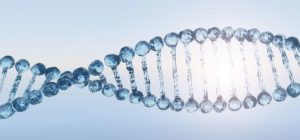If you think a hormonal imbalance is keeping you from your ideal body weight, then you may want to consider the hormone reset diet. Read on to learn more.
RELATED: Menopause Diet | What To Eat While Going Through Menopause
In this article:
- What Is the Hormone Reset Diet?
- How Do You Do the Hormone Reset Diet?
- What Are the Advantages of this Diet?
- What Are the Disadvantages of this Diet?
Everything You Need to Know About the Hormone Reset Diet
What Is the Hormone Reset Diet?
The hormone reset diet originates from a book written by Dr. Natasha Turner, a naturopathic doctor.
What is a naturopathic doctor? A naturopathic doctor practices alternative or functional medicine which focuses on non-invasive, or natural, methods to promote self-healing.
This diet focuses on regulating hormone fluctuations, which may contribute to weight gain and other problematic health effects. Dr. Turner believes that regulating what and when you eat for six weeks can have a positive impact on your hormones which, in turn, can help you lose weight.
Apart from regulating when and what you eat, the diet also involves detoxification, exercise, nutritional supplements, and changing certain lifestyle habits. Dr. Turner believes that this diet not only regulates hormones but will also improve your overall health.
How Do You Do the Hormone Reset Diet?
This diet involves three phases in the course of six weeks.
Phase 1: Detoxification
The activities during the first two weeks of the diet focus on the detoxification process. This involves avoiding the following foods:
- Grains with gluten
- Cow dairy products
- Many oils
- Alcohol
- Caffeine
- Peanuts
- Sugars
- Artificial sweeteners
- Red meat
- Citrus fruits
Instead, replace them with foods like:
- Grains or starches without gluten (ex: buckwheat, brown rice, or quinoa)
- Most vegetables
- Most fruits
- Fish
- Poultry
- Eggs
- Plant milk
- Sheep or goat dairy products
- Seeds
- Nuts
- Beans
- Olive oil
- Canola oil
Generally speaking, Dr. Turner recommends adopting a “Glyci-Med” food plan which combines a Mediterranean diet with low-sugar foods. You also need to eat these healthy choices every 3-4 hours.
Apart from these dietary restrictions, you also need to take supplements such as:
- Multivitamins
- Omega-3 fatty acids
- Calcium
- Probiotics
- Magnesium
- Vitamin D3
- Other anti-inflammatory supplements
After two weeks, Dr. Turner claims that you can lose up to 12 pounds.
Tip: If these dietary restrictions seem daunting, don’t worry! Dr. Turner allows a cheat meal once or twice each week
Phase 2: Reintroduction
In this phase, you re-introduce certain foods to your diet. As you re-incorporate food into your diet, you need to be mindful of how your body reacts to them.
If you have a bad reaction to certain foods after the detox phase, keep avoiding those foods. In general, Dr. Turner recommends avoiding manmade and “hormone-hindering” foods.
Here are a few examples of foods you would have to avoid in this diet:
- Processed foods
- Products with high fructose corn syrup
- Non-organic meats
- Fish with high mercury content
- Non-organic coffee
- Peanuts
- Raisins
- Dates
- Artificial sweeteners
- Foods with nitrates (ex: peanut butter, chocolate, or cured meats)
Tip: The switch from regular foods to organic foods can be more expensive, but you can save more money by cooking your own meals rather than eating out. It’s also more difficult to find restaurants that use organic ingredients.
RELATED: Muscle Building Diet: Foods To Eat And Avoid
Phase 3: Physical and Mental Wellness
While continuing the diet plan from the previous step, more holistic strategies are introduced in this stage. To further promote physical wellness, the diet recommends incorporating at least 30 minutes of regular exercise six days a week.
Apart from exercise, there’s also an emphasis on improving your emotional well-being through stress management. The diet also highlights the importance of improving the quality of your sleep.
Tip: To fulfill the exercise requirement, Dr. Turner recommends a variety of workouts such as yoga, interval training, strength training, and cardiovascular exercise.
What Are the Advantages of this Diet?
The hormone reset diet is actually a good example of a low-calorie diet.
Apart from that, this diet promotes a holistic perspective on health. It not only focuses on your food intake, but it also emphasizes other healthy habits such as regular exercise and stress management.
What Are the Disadvantages of this Diet?
Any diet that involves rapid weight loss (such as losing 12 pounds in two weeks) seems unrealistic. It also may not be sustainable for an extended period, which can lead to more weight gain, like other yo-yo diets.
On top of that, any diet that involves avoiding certain foods for extended periods may lead to certain nutritional imbalances, which in the long run may have a negative impact on your health.
There is no hard evidence that this diet can cure hormonal imbalances. Keep in mind that hormones and weight loss may be related, but there are also other factors that can contribute to either.
Your diet can have an impact on your hormones, but it’s important to remember that there are many other factors that can impact your hormone levels. On top of that, your endocrine system is complex and it performs many important bodily functions.
So it’s always best to talk to a health professional before you try out anything that may have an impact on your hormones. If you think you have a hormonal imbalance and you’re looking for natural ways to balance hormones, talk to an integrative health specialist to clarify your health goals and learn about treatment options.
Would you try the hormone-balancing diet? What opinion do you have about it? Let us know in the comments section below.
Up Next:
- 11 Anti-Aging Foods For Skin, Brain, And Gut Health
- 5 Best Fruits For Hypothyroidism | Hypothyroid Diet Food
- Hypothyroidism And Sleep: 13 Tips For Getting Better Sleep [INFOGRAPHIC]



